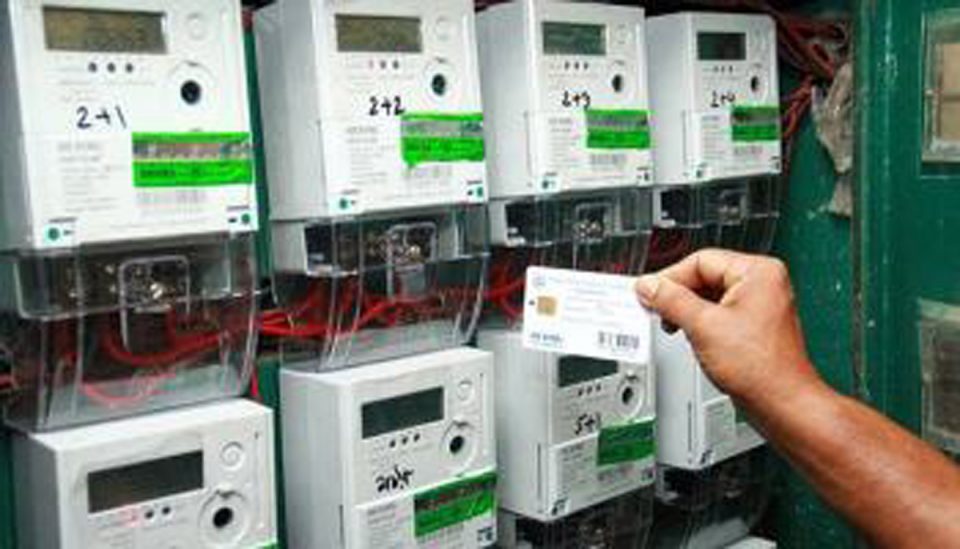- Despite teething problems, the Federal Govt must ensure success of NMMP
Many Nigerians leapt for joy when in October, last year, the Federal Government announced its intention to assist the power sector by supplying the electricity distribution companies (DisCos) six million prepaid meters which they are to give to electricity consumers, free of charge, under its national mass metering programme (NMMP). The decision seemed the perfect answer to the question of inappropriate bills handed consumers by the DisCos monthly, in the absence of a reliable metering system to determine their actual power consumption. The expectation was that the days of such ‘crazy bills’ were numbered.
However, as with many such good gestures by the government, the project appeared to have run into hitches, given the report that only about 656,752 of the one million meters which constituted the first batch have been delivered to the Federal Government. The projection at the beginning was that the one million meters needed for the first phase or Phase Zero would have been supplied by April, 2021, a deadline that was extended to June, when it was clear that the April deadline was no longer feasible. Worse still, only about 400,000 of the meters had so far been installed as at last month. This is about 65.5 percent performance on delivery and about 40 percent on installation. Needless to state that the June deadline too is no longer realistic at both levels. Other things being equal too, other timelines of performance are likely to suffer similar postponements. The implication is that many Nigerians would still have to live with crazy bills for longer than necessary, with the likelihood of more bickering between the consumers and the DisCo officials.
We must admit though that the challenges militating against the NMMP are multifarious; some genuine, some others contrived or merely perceived. For instance, some DisCos have claimed that some consumers are slowing down the installation process by rejecting prepaid meters, apparently because they do not want to pay for their actual power consumption. Some experts in the industry however indicate otherwise. Their contention is that, even if such customers exist, they are likely to be insignificant. Most electricity consumers in the country have been yearning for prepaid meters for years and there is no way they can now be vacillating when the opportunity for free prepaid meters presents itself.
Another factor for the delay is that even though the meter providers gave the Federal Government the impression that they had adequate meters before government released about N59billion for the initial one million meters, they have not been able to supply the one million meters to time, meaning they did not have such quantum of meters in their warehouses as at then. Instead, they blamed their inability to meet up on extraneous factors which could not have come into play if, truly, the one million meters were available locally. How, for instance, could import waivers and bottlenecks at the ports or even exchange rate fluctuations have affected products that the providers gave the impression were already in their warehouses?
Part of the challenge is a dearth of trained meter installers nationwide, limiting the capacity of the DisCos to appropriately install the meters that are available. This is understandable, given the fact that the organisations have never been under the current kind of pressure to meter electricity consumers.
Without doubt, bridging the huge metering gap with about six million meters within three years would appear a tall order in our kind of circumstances as well as the effects of COVID-19 on businesses globally. The good thing is that almost all the stakeholders (including even the DisCos that had earlier been uncomfortable with provision of prepaid meters so they could continue with arbitrary billing) now seem to agree that this is the way to go for the sector to grow.
In this situation, what is required is the will to overcome the challenges, real or perceived. And the Federal Government has a great role to play in this regard. Beyond providing electricity consumers an opportunity to pay only for power they consume, which is the global best practice, the NMMP has other potential for the nation’s economy. It has the capacity to provide jobs for our teeming youths as well as contribute significantly to our gross domestic product and the economy at large. The programme is an idea whose time has come and the only choice we all have is to make it work.




